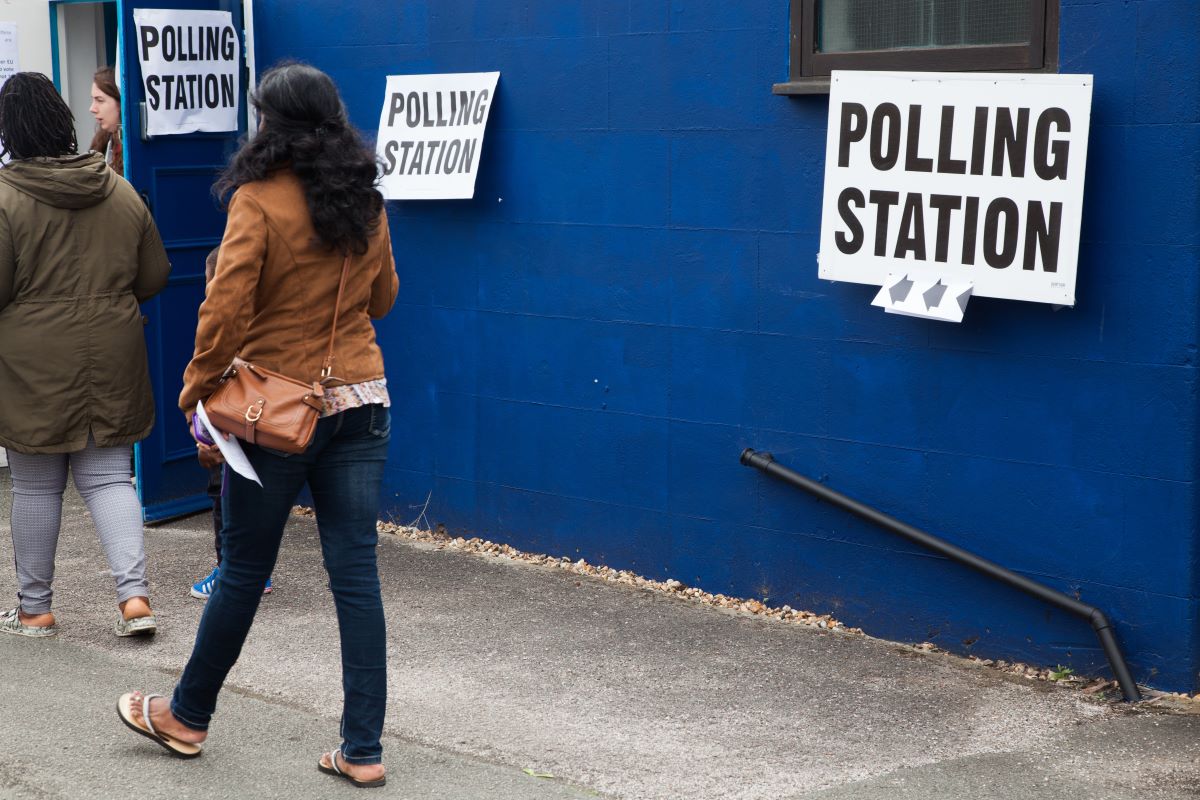Labour leader Keir Starmer has pledged to lower the voting age to 16 if his party wins the general election. This would mark a significant shift in the UK’s electorate and aim to engage younger voters in the democratic process. Here’s the full story.
Extending Voting Rights

In one of the biggest shakeups of British democracy since the voting age was lowered from 21 to 18 in 1969, Labour Party leader Keir Starmer has announced that, if Labour wins the upcoming general election, they plan to extend the right to vote to 16—and 17-year-olds.
Significant Step
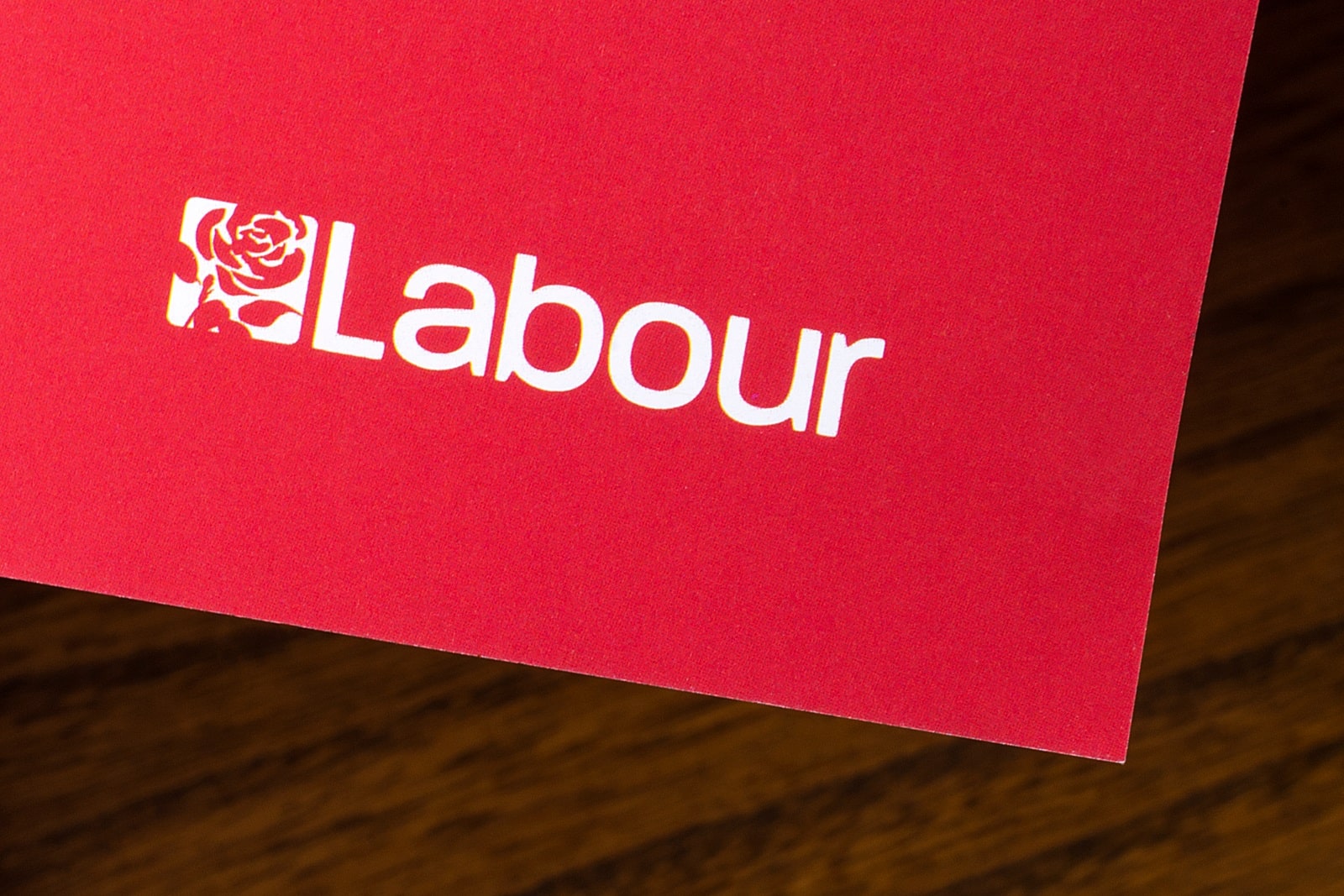
This proposal, which Labour has reportedly considered for over a year, has been hailed as a significant step in expanding the electorate and engaging younger citizens in the democratic process.
“You Ought to Be Able to Vote”

Starmer set out the simple logic behind such a move, stating, “If you can work, if you can pay tax, if you can serve in your armed forces, then you ought to be able to vote.”
1.5 Million

Lowering the voting age could potentially add about 1.5 million young people to the electorate, and according to the vast majority of polls, younger voters are much more likely to vote for Labour than Conservatives.
50 Points Ahead

According to a poll by the Telegraph, Labour are an astonishing 50 points ahead in voting intention for those aged 18-24.
Youth Preferences
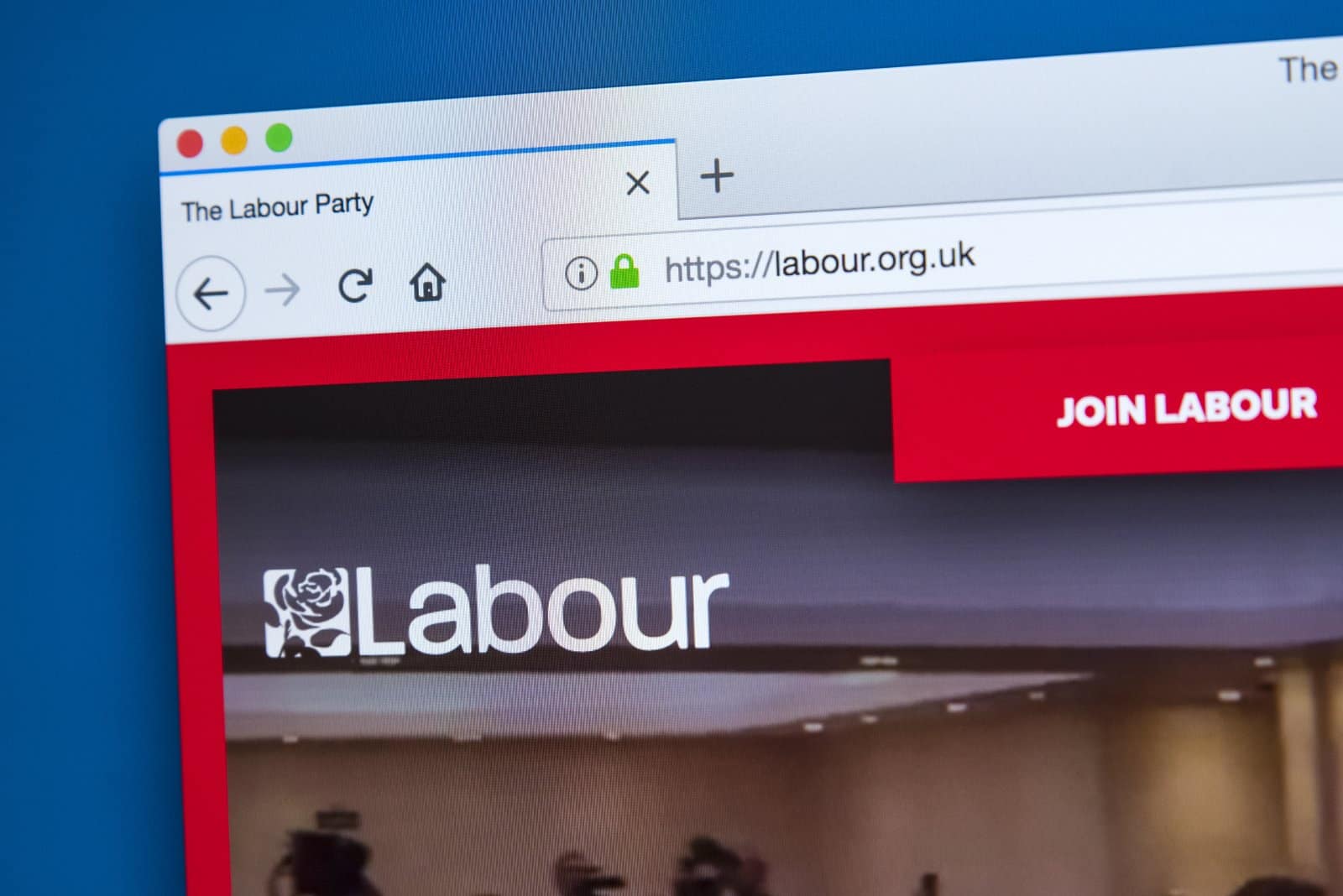
However, the proposal is not a straightforward win for Labour as, despite the vast majority of young people stating a preference for left-wing parties, their low turnout rates in elections is notable.
Low Turnout

Despite the low turnout amongst young people in elections, allowing them to vote could see a demographic shift that would significantly influence election outcomes, aligning with Labour’s strategic interests.
Scotland and Wales
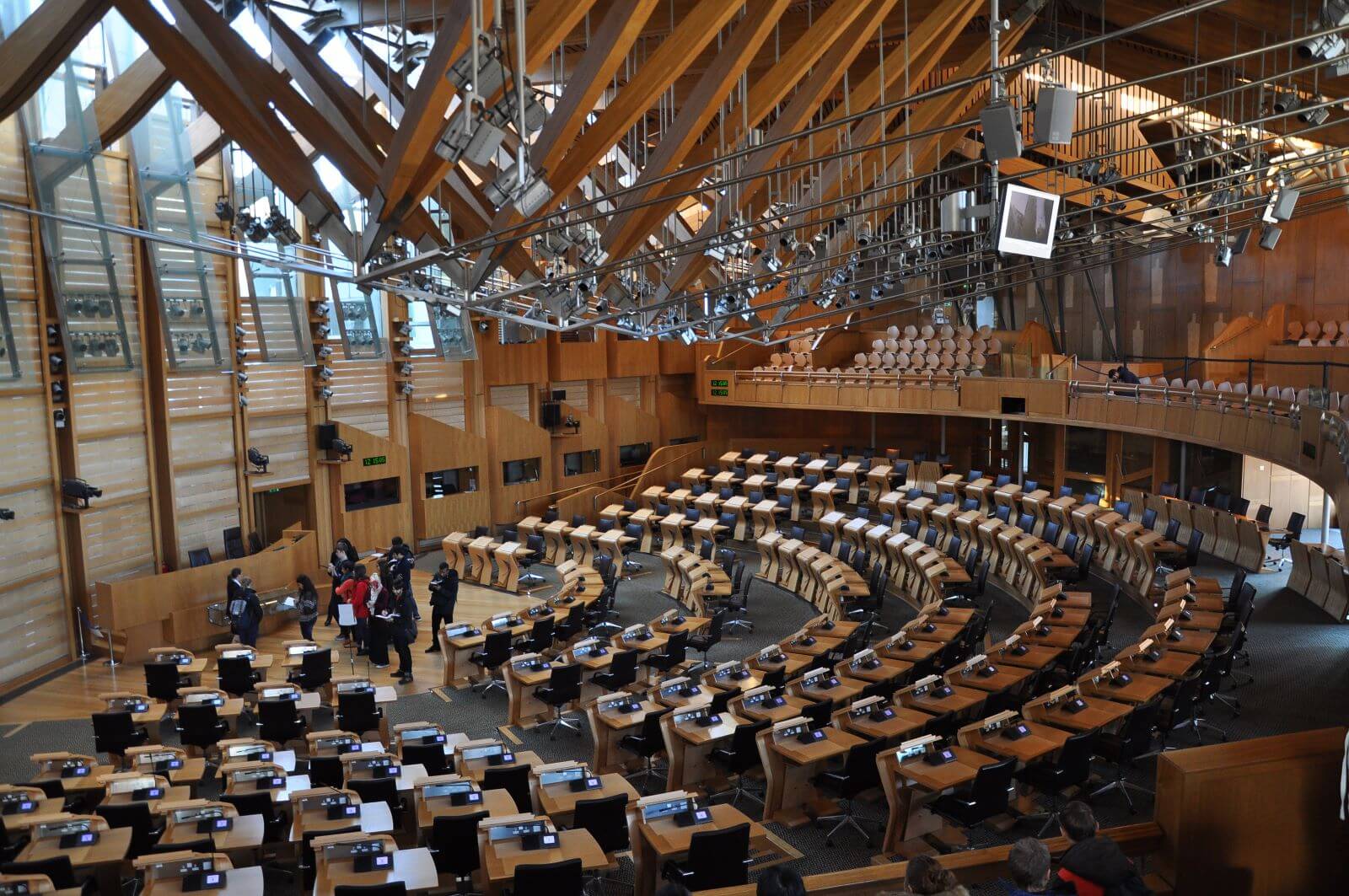
Scotland and Wales have implemented similar changes, allowing 16 and 17-year-olds to vote in local and devolved parliamentary elections.
Promising Indicator

These changes in Scotland and Wales will provide a guiding framework that Labour aims to replicate on a national scale. The policy’s practical implementation in these regions will be a promising indicator of the initiative’s potential success in the rest of the UK.
“Extremely Surprised”

A Labour source, who spoke anonymously to the Times, said of the policy, “I would be extremely surprised if it wasn’t in the King’s Speech.”
“Double Benefit”

They added, “It has the double benefit of not costing very much to do, but of helping secure a second Labour term.”
Gerrymandering
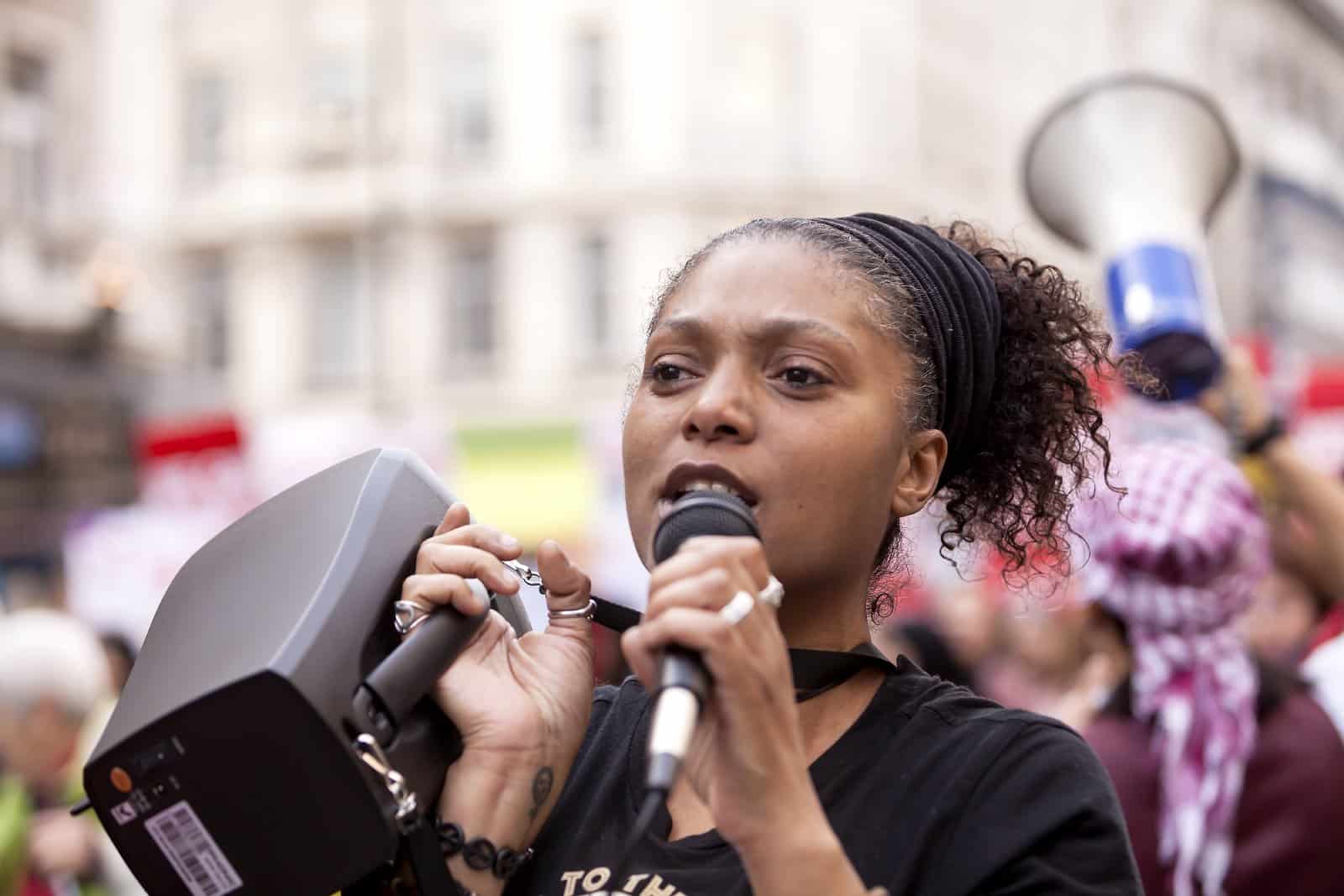
However, some within Conservative circles have claimed that, given the massive poll lead for Labour amongst young people, the party is trying to do effectively gerrymandering.
“Desperate Attempt”
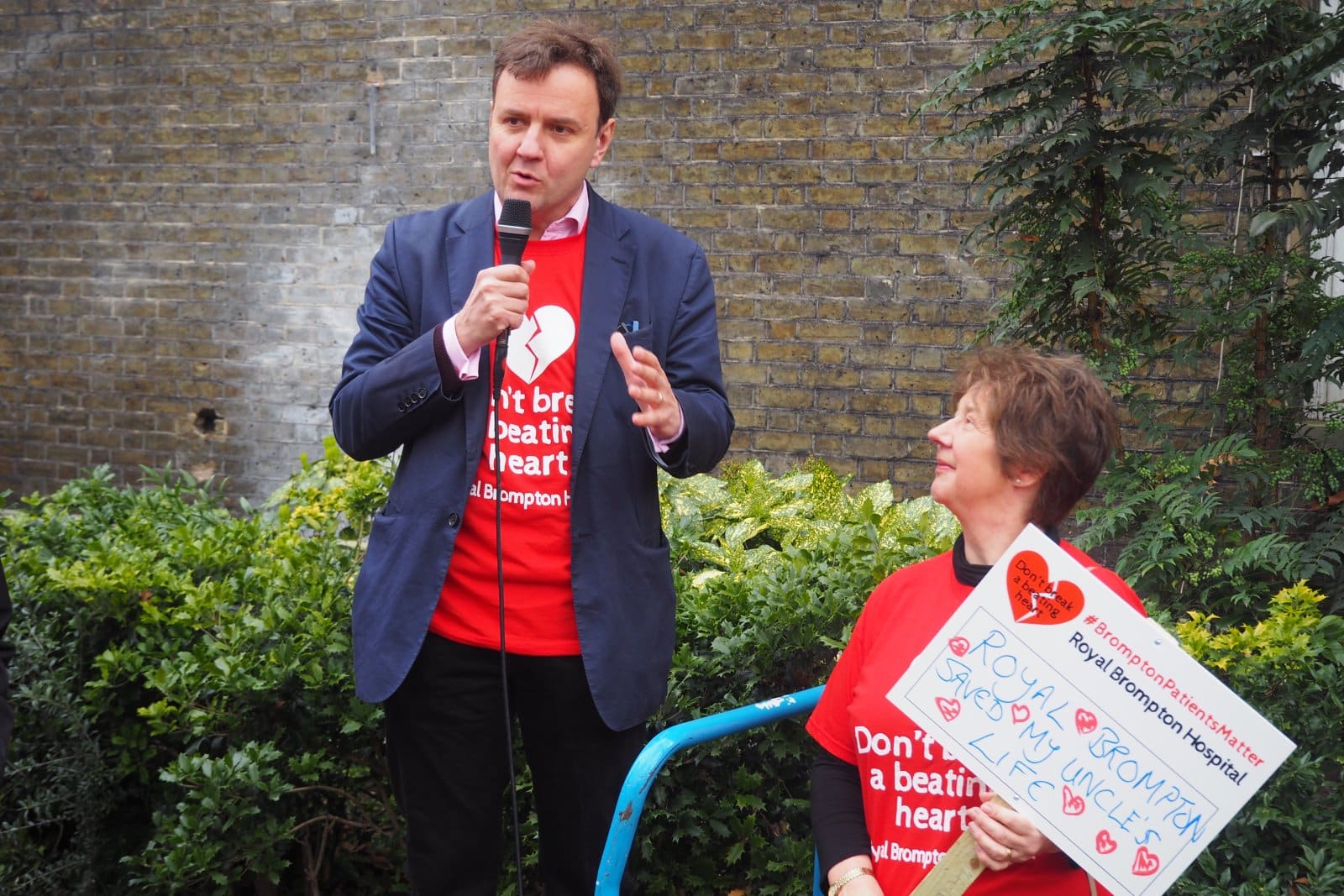
When Labour first suggested lowering the voting age, Conservative Party chairman Greg Hands was outraged, saying, “This is nothing but a desperate attempt to rig the electorate.”
“Political Advantage”
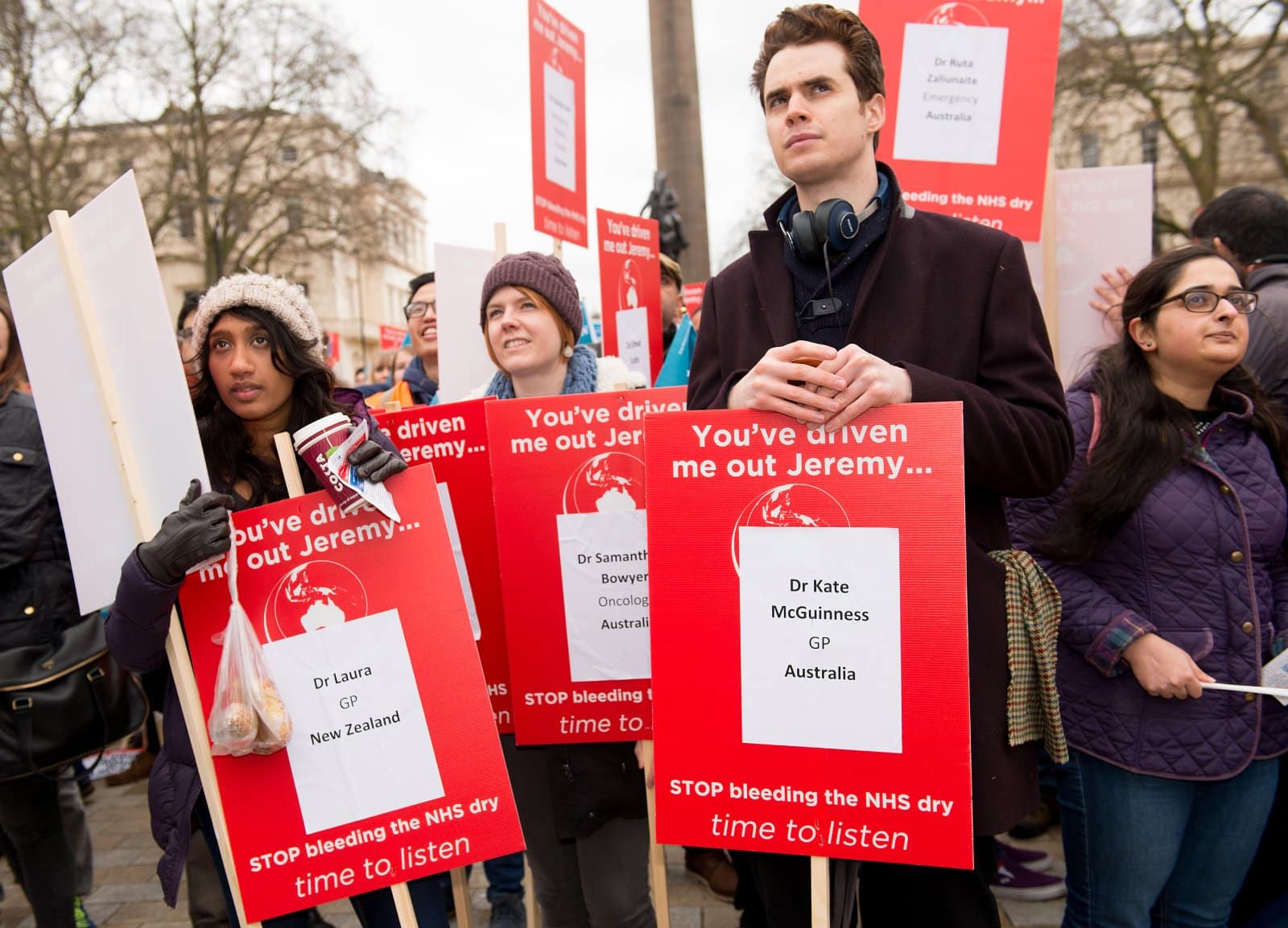
He continued, “Everyone knows adulthood starts at 18 – that’s when you can get married, start drinking, and smoke. Labour only want to lower the voting age for their own political advantage.”
Careful Accusations
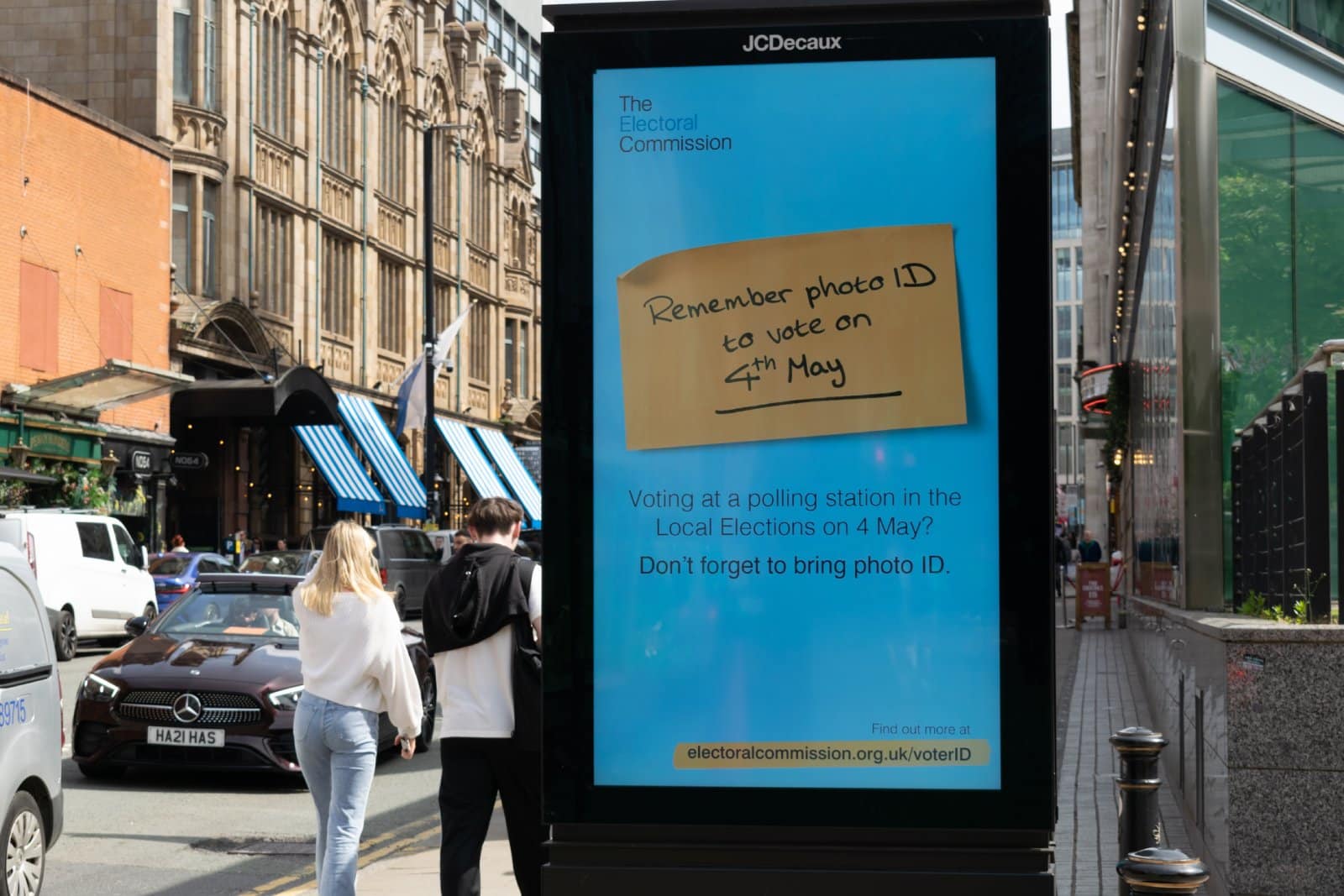
However, the Conservatives would do well to be careful about accusations of gerrymandering after they introduced a requirement for Voter ID that was thought to massively help their party.
Increasing the Conservative Vote
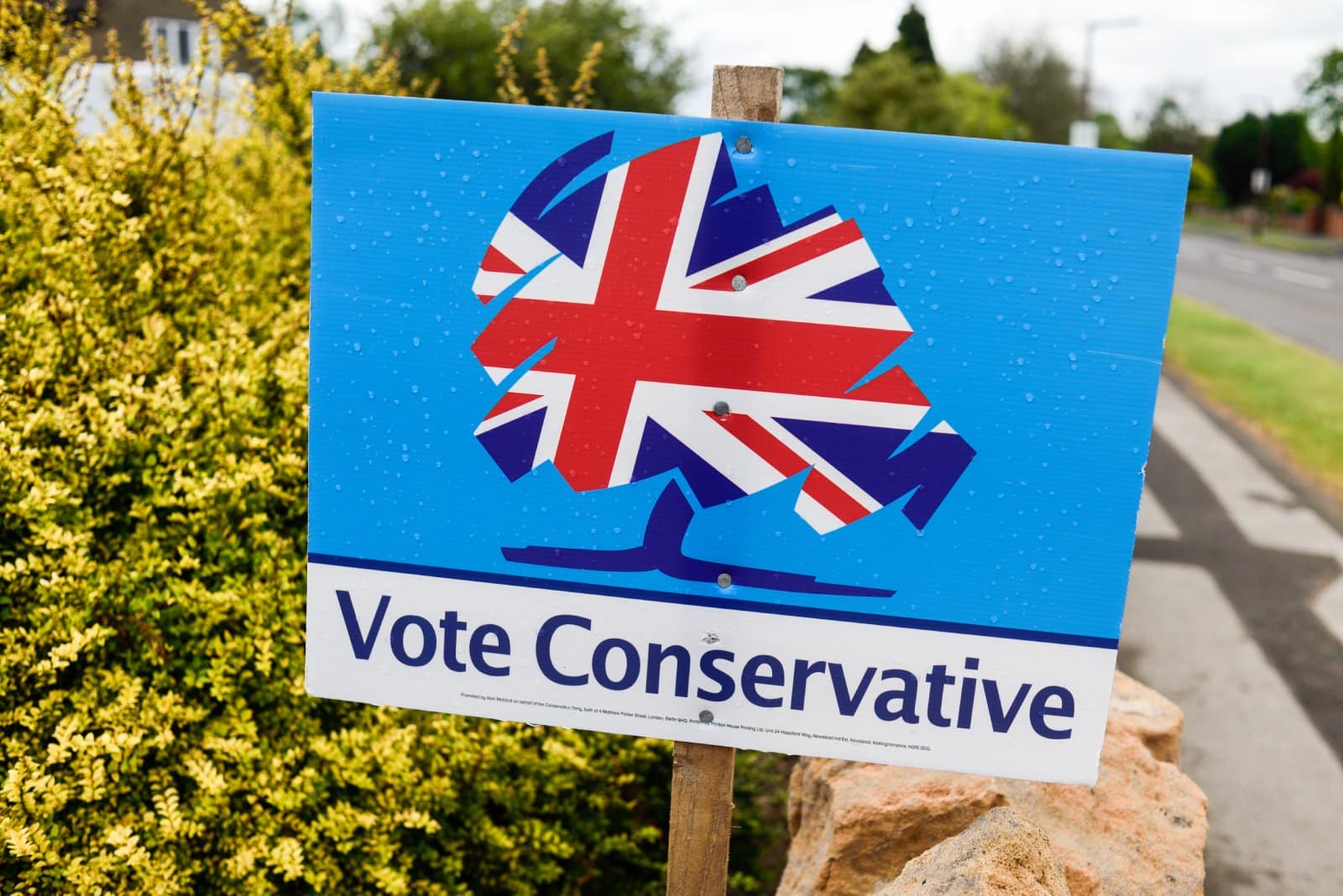
In the end, the results were not as black and white as many in the Conservative Party had hoped, with Jacob Rees-Mogg admitting that the policy had been introduced to increase the Conservative vote.
“Back to Bite Them”
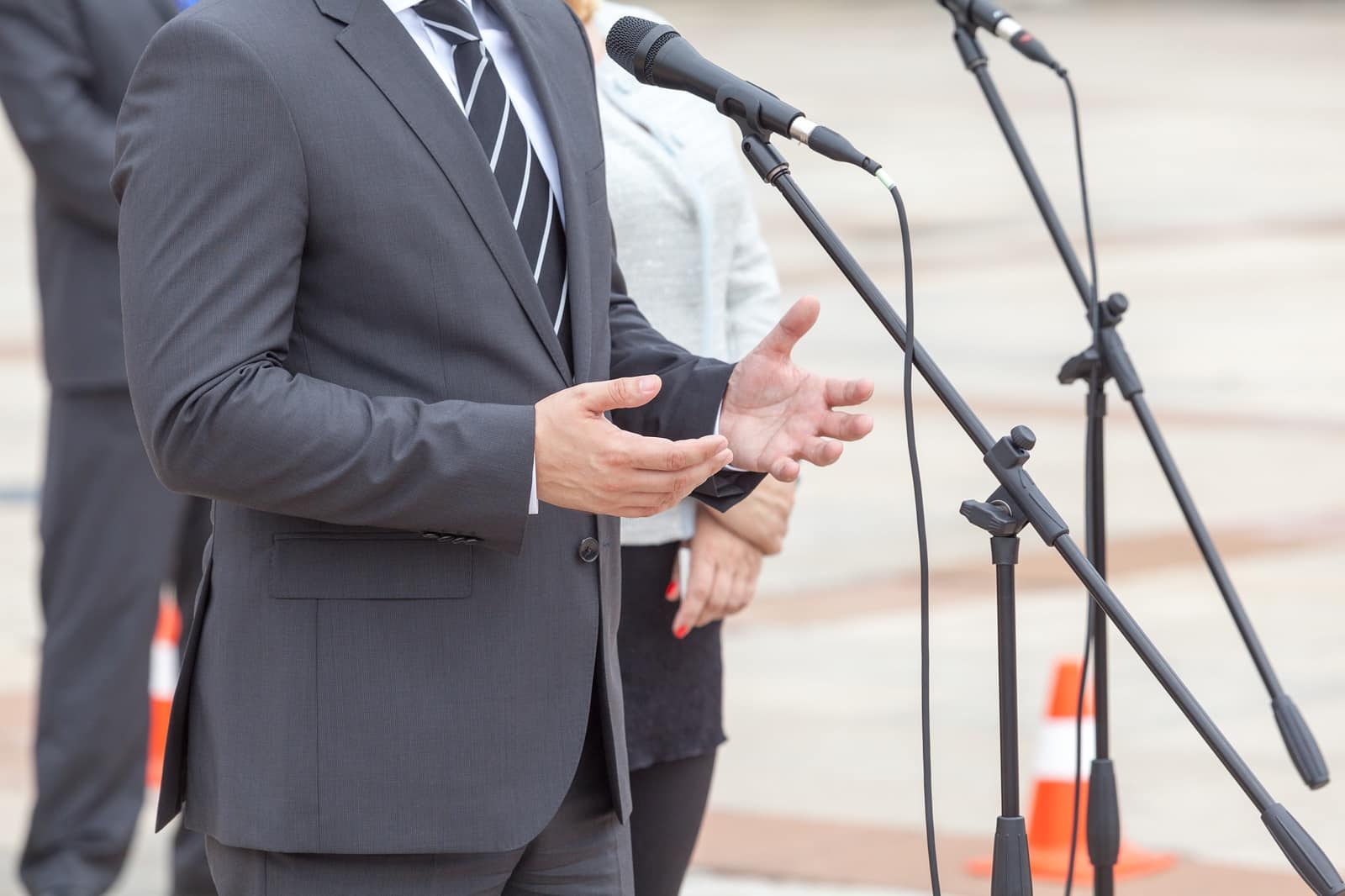
Instead, they had “made it hard for our own voters,” and the policy had come “back to bite them.”
“It Actually Did the Opposite”
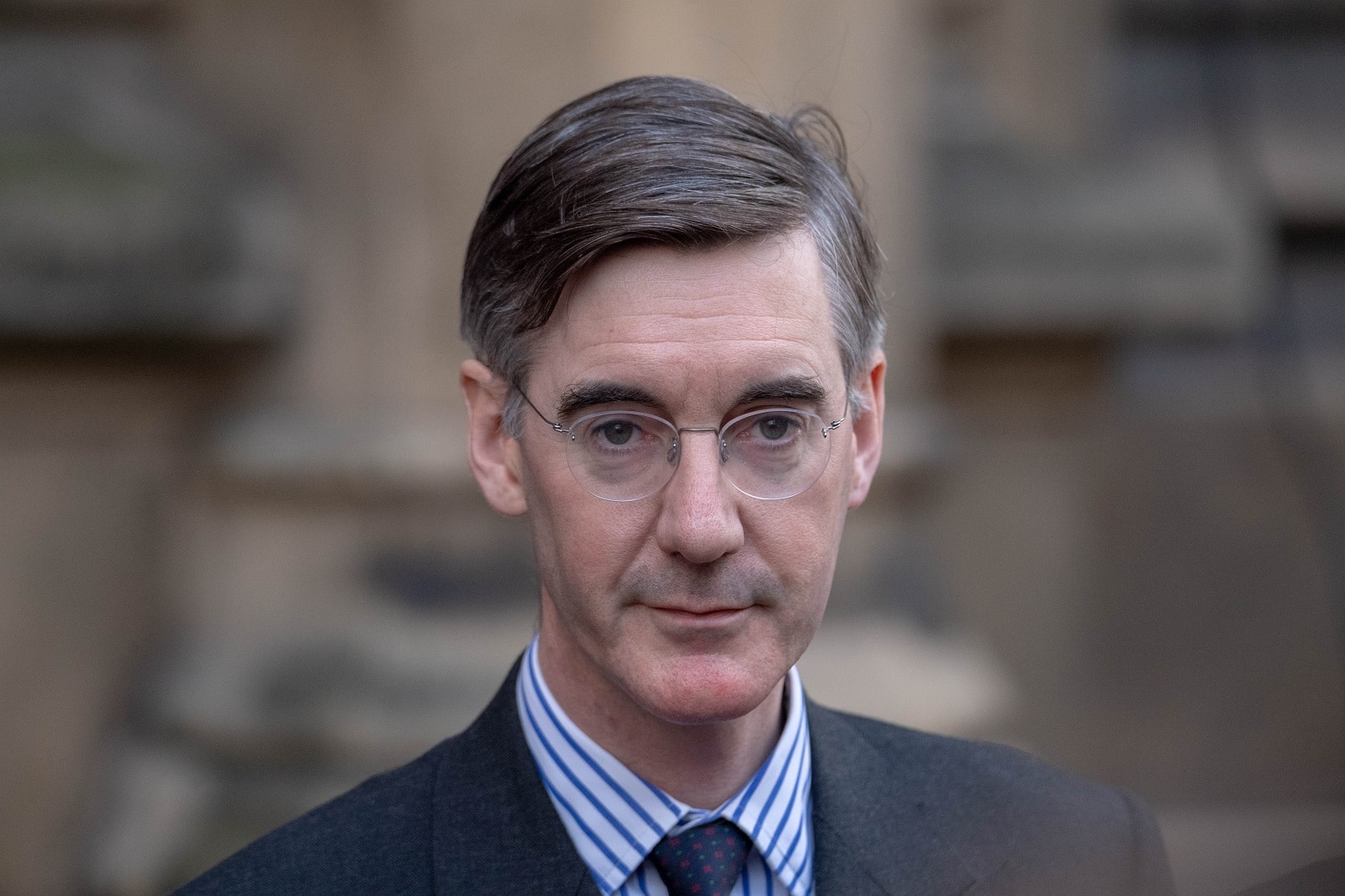
Rees-Mogg stated, “I thought people assumed that it would help get more Conservatives out and in the end, it actually did the opposite.”
“Upset a System”
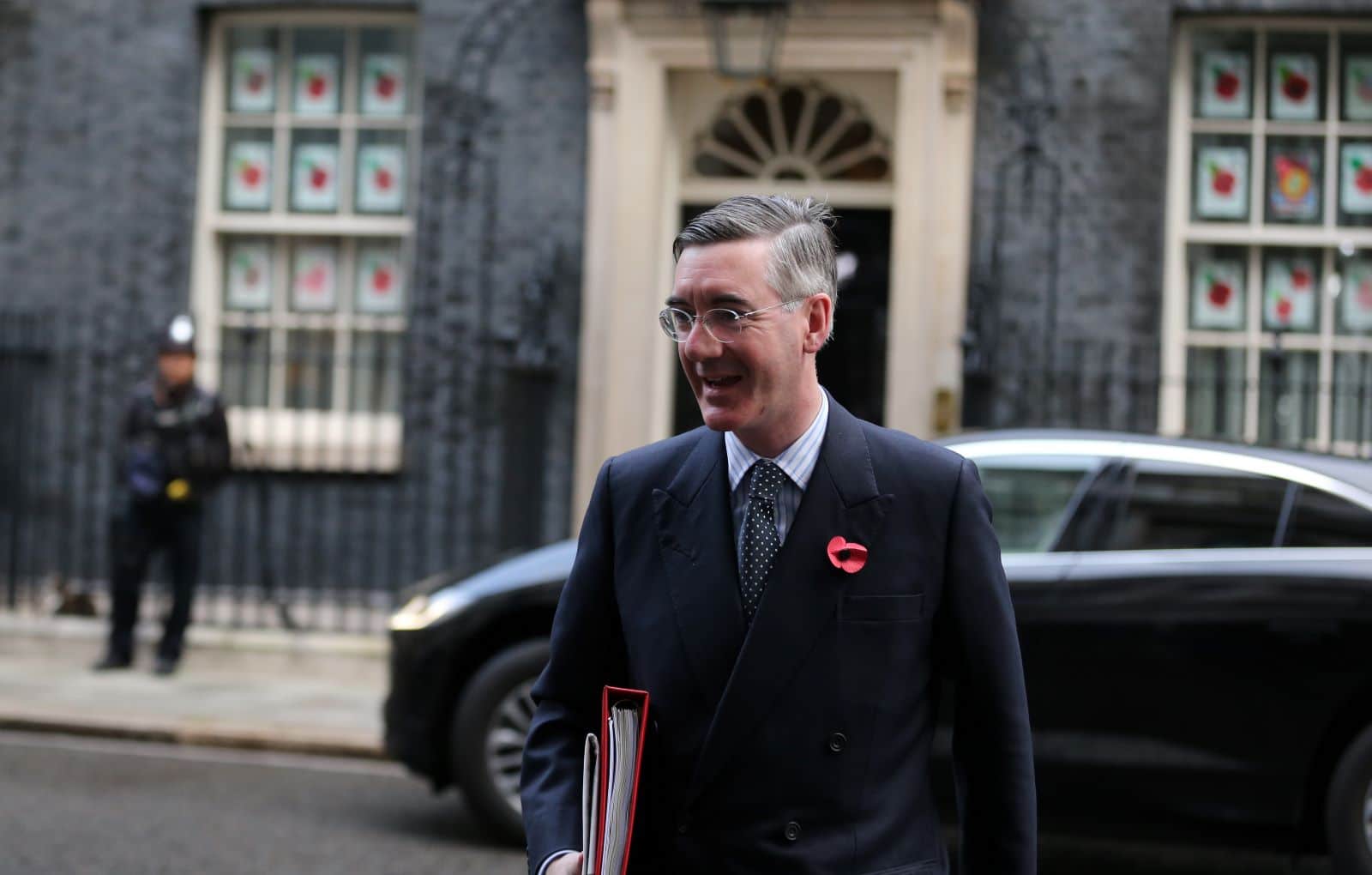
He added, “We found the people who didn’t have ID were elderly and they by and large voted Conservative, so we made it hard for our own voters and we upset a system that worked perfectly well.”
Widely Supported
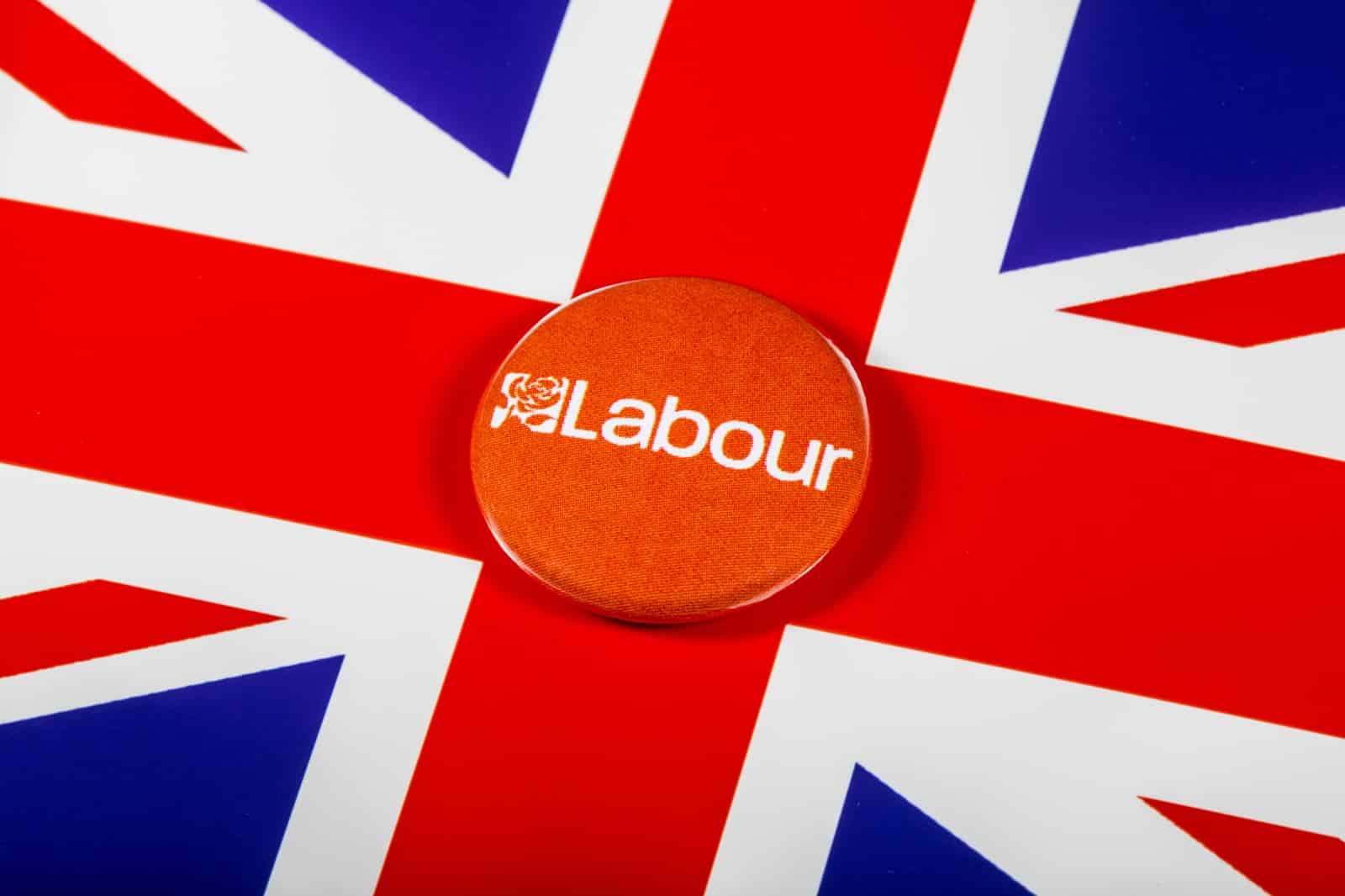
Despite the limited pushback from Conservatives, Labour’s proposal to extend voting rights to 16- —and 17-year-olds is widely supported by young people in the UK. These people increasingly feel more engaged with politics but are unable to have a say in the decisions that shape their lives.
Ideologically Driven Efforts
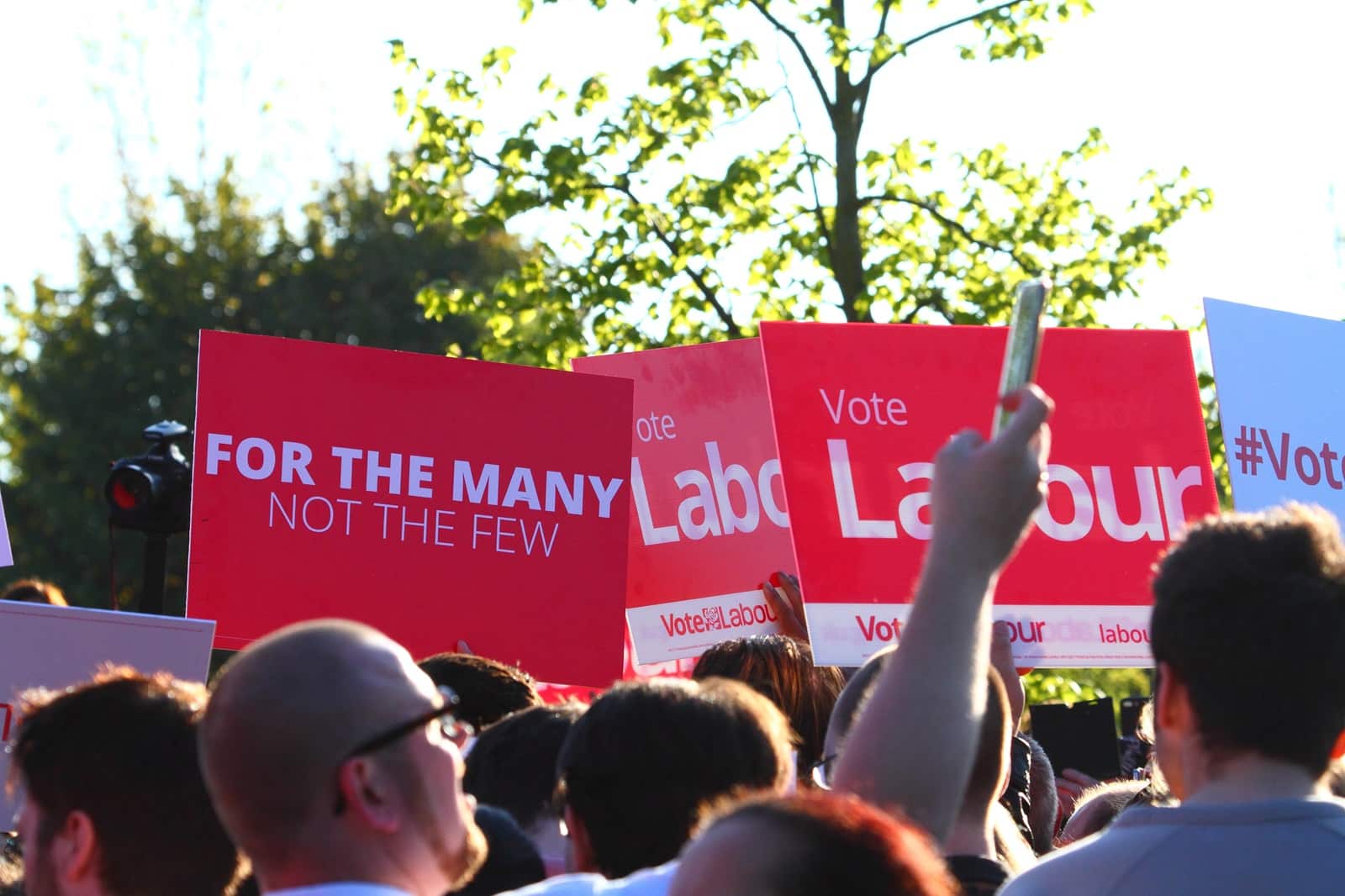
This move aims to empower young citizens and reshape the political landscape in favour of Labour, reflecting a strategic and ideologically driven effort to broaden democratic participation.
Uncertain Future
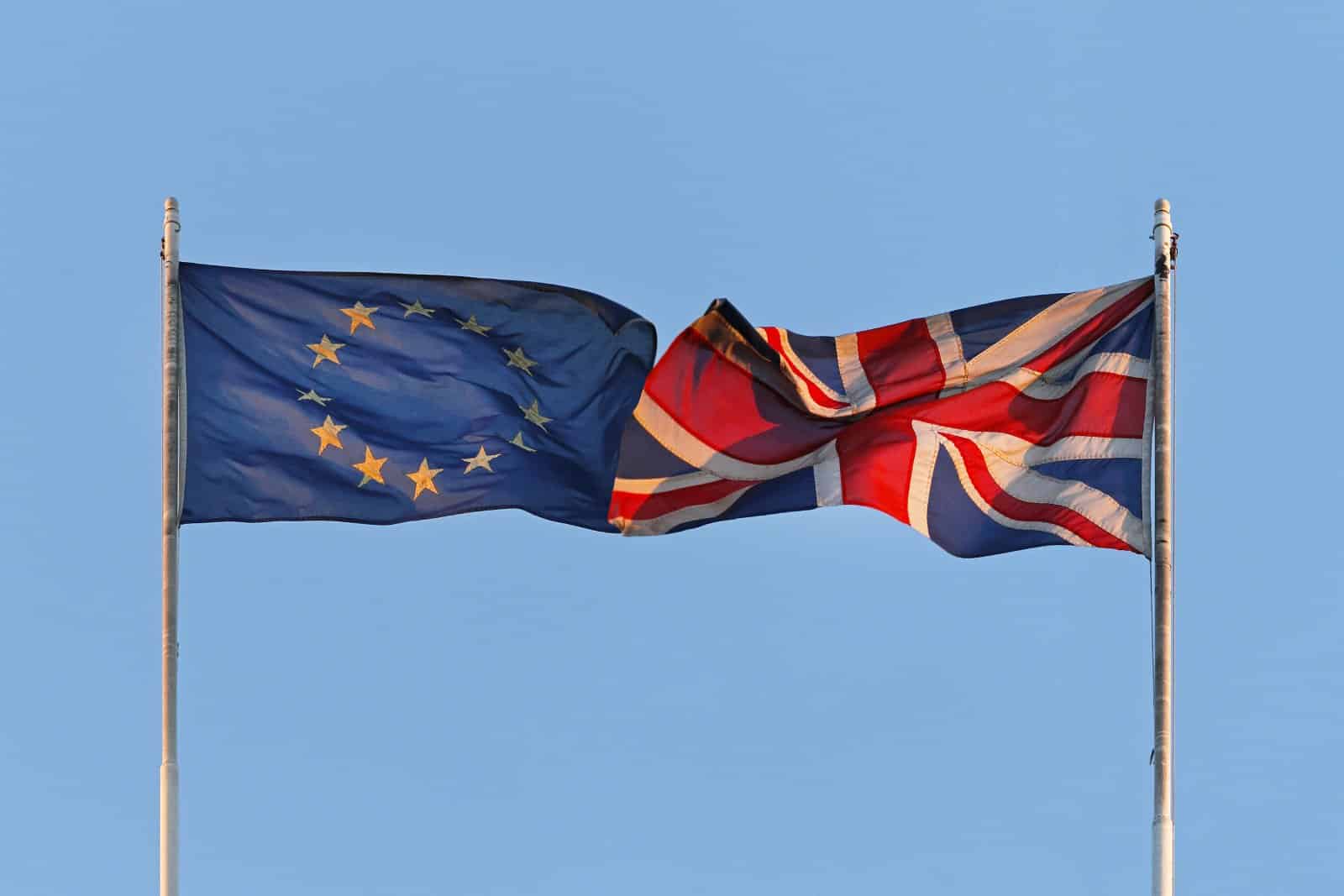
As the general election approaches, it remains to be seen if this offer to young people will increase the likelihood of them turning up and casting their votes for Labour.
The post A New Voting Age? Labour Proposes Rights for 16-Year-Olds first appeared on Swift Feed.
Featured Image Credit: Shutterstock / Melinda Nagy.

